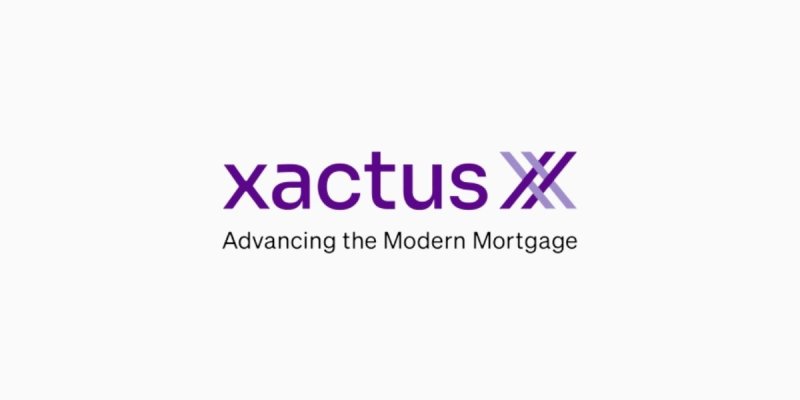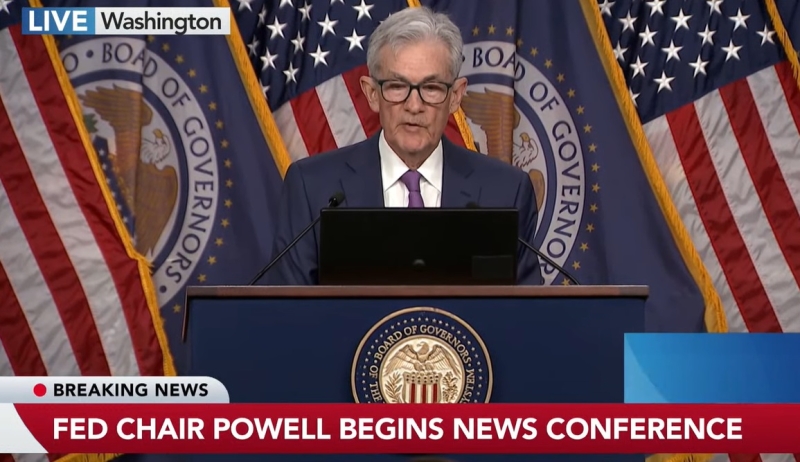
From surprise stances on FHA's future policies to the hidden secrets lenders don't want you to know - Here's everything that went down!
Here’s some items left over from the first two days at the Mortgage Bankers Association’s annual convention this week:
* FHA Commissioner Julia Gordon, who was returning home to her City of Brotherly Love, told the conference there’s no chance there would be a further reduction in the agency’s mortgage insurance premium, at least not for the foreseeable future. Changes in the agency’s assumptions policies aren’t in the cards, either. Gordon said the FHA wants to wait to see how the last MI premium cut of 30 basis points shakes out before considering another one.
However, the agency is moving ahead with its partial payment plan. The FHA received “a ton” of feedback on the proposal, most of it positive, the commissioner said, and hopes to have a final rule in place by the end of the year. The proposal allows mortgage payment arrearages to be placed in a zero-interest subordinate lien against the property. The partial claim amount does not require payment until the last mortgage payment is made, the loan is refinanced or the property is sold, whichever occurs first.
* Another Philadelphian, President Patrick Harker of the Philly Fed, told the meeting that hitting the targeted 2% inflation rate is "Job 1" for the Federal Open Market Committee. While he’s “fully aware” of what the central bank’s monetary policies have had on housing – hint, not good – the goal on reigning in inflation has to remain first and foremost. “The objective is simply non-negotiable,” Harker declared.
While he said he would vote to raise the federal funds rate again if necessary, he doesn’t think it will come to that. “We are at a point now where we can stay right where we are,” the Philly Fed leader said. “Dis-inflation is underway and will continue.”
* Sandra Thompson, who directs the Federal Housing Finance Agency, also stressed the need for regulators and lenders to work together. For her end of the bargain, she has directed the government sponsored enterprises to extend their reps and warrants policies pertaining to loans impacted by natural disasters to cover mortgages that have successfully exited a COVID-19 forbearance plan.
Now, Thompson told the conference, missed payments during the COVID-19 forbearance period will not cause a loan to lose eligibility for the three-year rep and warrant sunset.
* Ginnie Mae is hoping to put some new energy into the FHA Title 1 program, the program which helps people finance home improvements. And soon, said Leslie Pordzik, the agency’s vice president in the office of issuers and portfolio management. Announcements along this line are in the works, she said.
* The Veterans Administration is planning to make permanent the “stop-gap” fee charged for assumptions, and will begin the rule making process soon, Michelle Corridon, deputy director of policy, reported. Whether the charge will remain at the current $300 rate has yet to be decided, she said.
* The Department of Agriculture has no intention of allowing USDA loans to be assumable, at least not for now. To do so would take an act of Congress, said Ingrid Ripley, the executive director of the agency’s single-family guaranteed loan program.
Ripley also encouraged lenders to give manufactured housing a look-see as a way “to solve a lot of issues in many communities” across the land. She noted that her agency’s single-close program would help borrowers obtain the financing they need “a lot faster.”
* Remember the FHA’s Catalyst technology program? It’s still alive, though not particularly well. It stalled under the previous administration. But the current one is “making a really concerted effort to put it back on track,” said Nate Shultz, the FHA’s chief of staff, adding that “all of our technology needs to be replaced.”
* Holding out for the next wave of refinancing? Don’t hold your breath, the MBA’s vice president of industry analysis said. The next boom is two or maybe even three years away, Marina Walsh said.
* A “new” kid on the block, CampusDoor.com, isn’t exactly new. CampusDoor was founded in 1997, but it has found new traction in the last 12 months, according to its president, Sara Parrish. She calls the company “student loans in a box.”
It permits lenders to white label programs that, among other things, allows home buyers with student debt to roll what they owe it into their mortgages or current owners to refinance their school loans into new mortgages. Either way, it can save clients hundreds of dollars a month. And all at the push of a few buttons.
The company works not just with current and former students but also with parents and even the grandparents who have co-signed for their offspring or taken out loans on their behalf.
* About 400,000 servicemen and women relocate annually between March and September, many to high cost areas where houses cost way more than the conforming loan limit. “It’s tough being in the military,” said USAA’s David Bennett.
The company offers a VA jumbo product in which veterans and active duty personnel can qualify for mortgages of up to $1.5 million with nothing down. Loan-to-value and debt-to-income ratios still apply, though.
* Larry Goldstone, president of capital markets and lending at BSI Services, revealed a little know secret – at least to consumers – that servicers will give qualified borrowers up to 60 months to make up for shortfalls in the property tax bills and insurance premiums.
Servicers who advance those unexpected costs on behalf of borrowers “would prefer to get paid back right away,” Goldstone said. Or perhaps over the next 12 months. But “we don’t want to put borrowers into default over something over which they have no control, so we’ll go out as far as five years without interest.”




